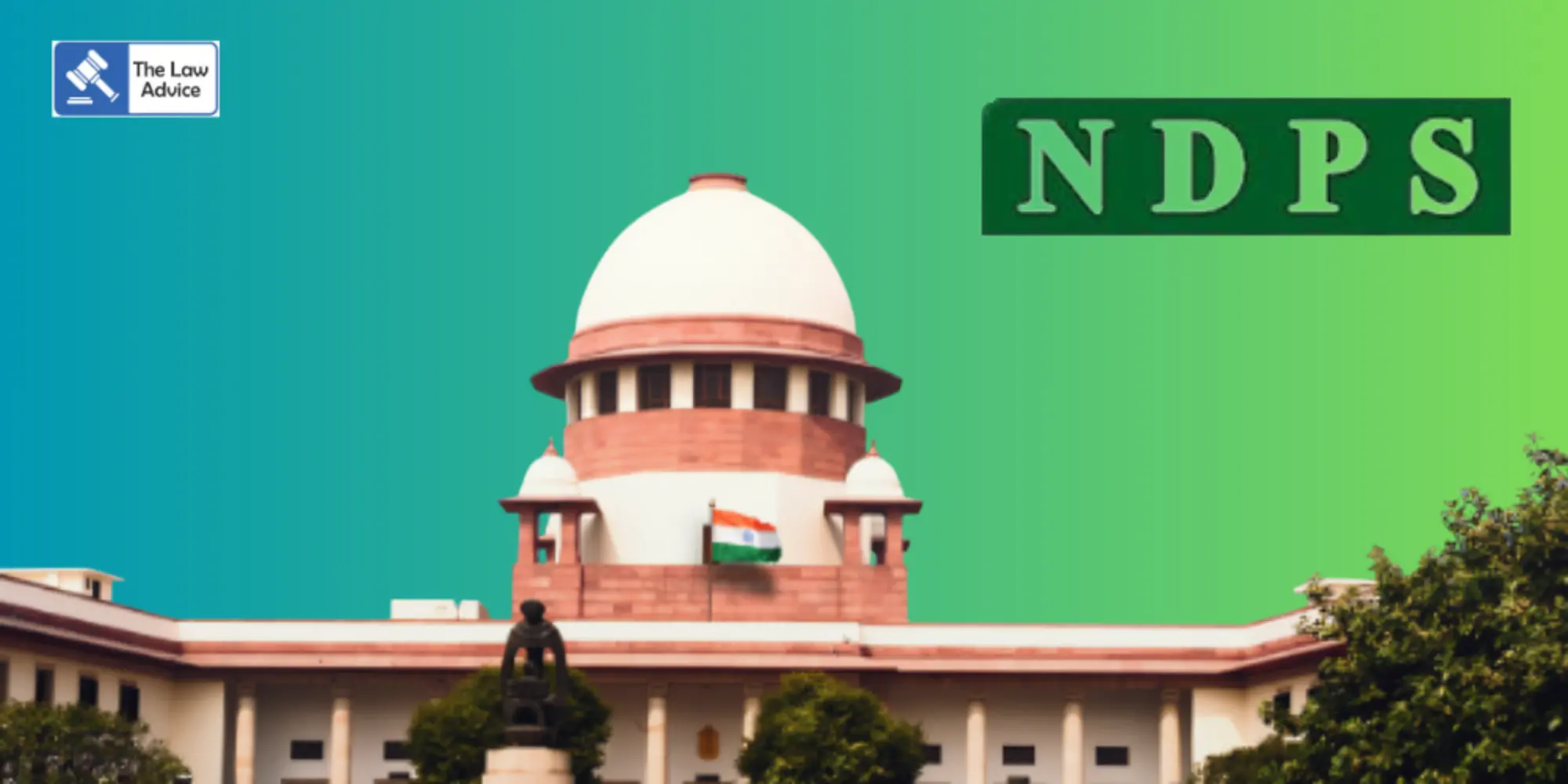
The Supreme Court on Monday (October 27) ruled that a vehicle owner cannot be denied interim custody of their vehicle pending trial under the NDPS Act if it is shown that the vehicle was used for transporting narcotic substances without the owner’s knowledge or connivance.
A Bench of Justices Vikram Nath and Sandeep Mehta held that the Narcotic Drugs and Psychotropic Substances (Seizure, Storage, Sampling and Disposal) Rules, 2022 (“2022 Disposal Rules”) do not restrict the jurisdiction of Special Courts constituted under the NDPS Act from granting interim release of a seized vehicle when the owner prima facie proves no connection with the contraband.
The ruling came in an appeal filed by a lorry owner whose vehicle was seized by the police after being allegedly used to transport narcotics. The Appellant contended that the lorry was only used to carry iron sheets and that he had no role in or knowledge of any illegal activity. Nevertheless, both the Special Court and the Madras High Court had denied interim release, citing that the NDPS Act and 2022 Rules barred such relief.
Before the Supreme Court, the Appellant argued that the 2022 Disposal Rules, being subordinate legislation under the NDPS Act, could not override Section 60(3) of the Act, which does not prohibit interim release where the owner proves lack of knowledge or connivance. Any contrary interpretation, he submitted, would be ultra vires the parent statute.
Accepting these submissions, Justice Mehta, writing for the Bench, emphasized that subordinate legislation cannot prevail over the parent Act. The Court held that the Rules must be interpreted harmoniously with the NDPS Act, not in conflict with it.
“We have no hesitation in holding that the 2022 Rules cannot be construed as ousting the Special Court’s authority to consider applications for interim custody or release under Sections 451 and 457 of the CrPC [Sections 497 and 503 of the BNSS]. The power of the Special Court to pass interim or final orders operates independently of the disposal mechanism prescribed under the said Rules,” the Court observed.
The Bench warned that a contrary view would result in “anomalous and unjust consequences,” depriving an innocent owner of property without judicial scrutiny or hearing — a violation of the principles of natural justice.
Citing its recent decision in Tarun Kumar Majhi v. State of West Bengal (2025), the Court reiterated that a vehicle cannot be confiscated if the owner proves lack of knowledge or connivance and shows that due diligence was exercised to prevent misuse.
“Confiscation or otherwise of a vehicle is to be determined only after trial. Until then, the rights of a bona fide owner who proves no connection with the contraband remain intact,” the Court added.
Holding that the NDPS Act itself bars confiscation where the owner lacks knowledge or consent, the Court concluded that the 2022 Rules cannot be read as prohibiting interim release.
Accordingly, the appeal was allowed, and the confiscated lorry was ordered to be released to the Appellant as an interim measure pending trial.
Case: Denash v. State of Tamil Nadu
Website designed, developed and maintained by webexy